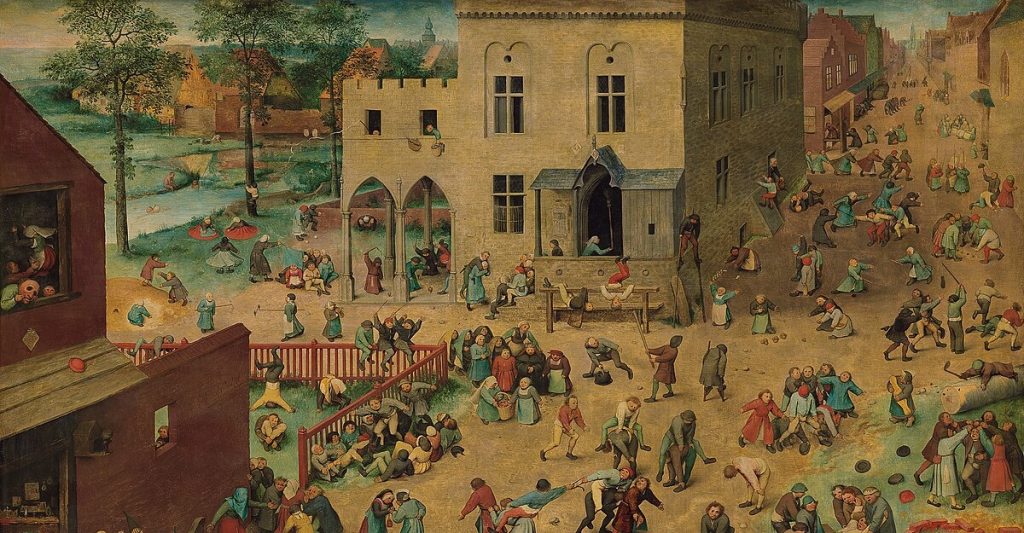Total management collapse, poor infrastructure, shameful results, and alienation of fans from the stadium, now even aided by water cannons. The agony of Bulgarian football has reached an incomprehensible low.
An appointed match for the national team with empty stands, fights outside the stadium, and a middle finger for farewell seem to mark the end of the team in the Bulgarian Football Union (BFU). The enormous public outcry in recent days opens the possibility for a deeper change, but it is by no means limited to the resignation from the BFU.
Bulgarian football needs shock therapy. In economics, this is a term used when a drastic change in multiple components of the management model is required through a package of bold policies and measures. Changing the leadership of the Bulgarian Football Union (BFU) alone will be a relief for everyone, but it will not automatically change the model of football business in our country. Communication may improve, the image of the game may be polished a bit, but overall, football risks remaining in the orbit of mediocrity for a long time.
The football business thrives on people’s love and passion for the game. This is the case in every successful league in Europe. These leagues not only function well in a sports-technical aspect but also have a very clear management model that implies success. None of this model is applied in Bulgaria. Here, we observe a combination of usual negligence plus a business riding on the back of football, which is simply a model for parasitizing around the beloved game. In this ‘model,’ there is also interest and profits, but the interest is often not at the stadium – it is better to be in front of the TV or on the betting website, and the profit flows somewhere outside the game.
Two years ago IME published a report on the economy of football in Bulgaria, aiming to outline a broad framework for reform in the organization and commercial management of domestic football. This reform should encompass everyone – the federation, the league, the clubs, and the fans, as well as the state in its role as legislator and owner of the infrastructure. The resignation in the Bulgarian Football Union (BFU) is the first and inevitable step; however, after it – if we want to change the football model – shock therapy is needed, which can have the following framework:
- A sharp improvement in sports infrastructure, through a clear mechanism for public investment in stadiums and a long-term commitment from the clubs. This is the state’s strongest bargaining chip to “trade off” a commitment to public investment with conditions for a change in the management model. The alternative is chaotic investment, which in the long run, has a similar fiscal cost and effectively funds and entrenches a flawed management model;
- Investment in stadiums goes with a tightening of licensing, focusing on the football game and conditions for the fans – meaning, the quality of the field and the conditions in the stands, rather than solely duplicating the television product. Currently, the stadium may be falling apart, and the field may be slippery, but most importantly, there must be lighting to play in the dark and the match to enter prime time;
- Establishing a new professional football league to take over the management of commercial matters in professional football. The separation of commercial management from the federations is a reality throughout Europe. This way, the federation, with broad representation from the clubs, can focus on its mandate – developing football nationwide, including youth academies and amateur sports, while the league would consolidate the interests of leading clubs and contribute to improving the financial condition of teams in the First and Second leagues;
- Establishment of a financial commission within the professional league to oversee and ensure transparency in the ownership and finances of professional football teams in the country. This includes the preparation of an annual report analyzing the financial condition of the teams and providing information for each professional club;
- A new mechanism for collective management of television rights that takes into account the rights of football product carriers (the teams) and ensures the public interest. This includes legislative changes that restore television rights to football clubs, a leading role for the professional league, and adherence to established European practices, including an open competitive procedure, partial separation of rights, and more than one buyer. None of these is currently adhered to in our country, and despite every match in the First League being televised, the revenues for the clubs are significantly undervalued.
Although we used the term ‘shock therapy,’ these are actually several steps that can transform Bulgarian football and are well-known in major leagues in Europe. They imply not just a change in the Bulgarian Football Union (BFU) but a broader commitment to reform from all parties, including the state and the clubs. The enormous public focus on football at the moment suggests and allows for this to happen.
See more in the IME report “The Economics of Football in Bulgaria” (2021).
Continue exploring:
Spin Dictatorship and Nature of Russian Political Regime [PODCAST]
Looking Beyond Bulgaria: Fiscal Stability of the Baltic States



